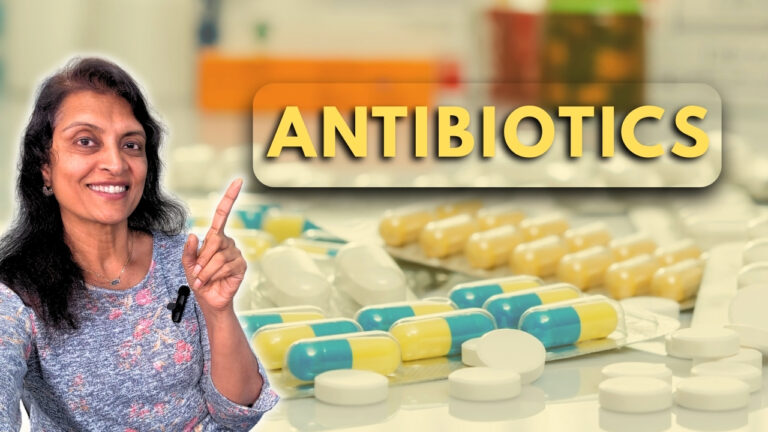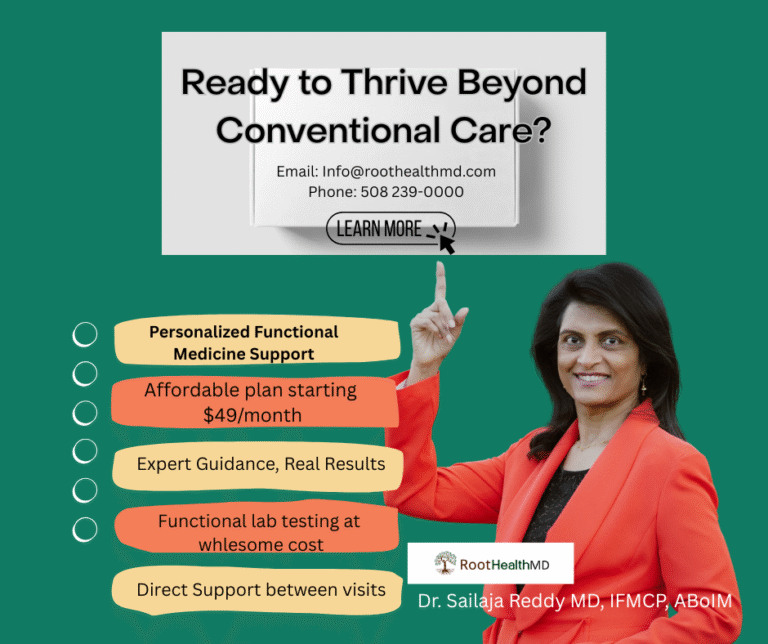You just finished a round of antibiotics and think the healing is done, but your gut might still be struggling. One of the biggest mistakes people make after taking antibiotics is not giving their gut time and support to recover. While antibiotics are designed to wipe out harmful bacteria, they also take down the beneficial bacteria that keep your digestive system running smoothly.
If you’ve noticed bloating, irregular digestion, low energy, or a weakened immune system after finishing antibiotics, you’re not imagining things. Your gut microbiome has taken a hit and now it needs your help to rebuild.
Why Gut Repair Matters After Antibiotics
A healthy gut is home to trillions of beneficial bacteria that support digestion, mood, immunity, and more. When antibiotics wipe out these good microbes, it creates an imbalance that can open the door to:
- Digestive discomfort like gas, bloating, or diarrhea
- Food sensitivities and inflammation
- Fatigue and brain fog
- Weakened immune defenses
The good news? With the right foods and habits, you can naturally restore balance and resilience to your gut.
5 Easy Ways to Rebuild Your Gut After Antibiotics
- Choose Fermented Foods Over Pills
Skip the guesswork with supplements and go straight to food-based probiotics like sauerkraut, plain yogurt, kefir, or miso. These are rich in live cultures that help repopulate your gut with the good bacteria antibiotics may have wiped out. - Add Prebiotic Fiber
Feed those healthy microbes with natural fibers found in garlic, green bananas, oats, and onions. A small daily serving supports good bacteria growth and overall gut balance. - Cut the Junk
Avoid sugar, processed snacks, and greasy takeout. These feed harmful bacteria and delay healing. Instead, eat simple, whole foods, like greens, berries, and clean proteins. - Hydrate Wisely
Drink plenty of water, but avoid chugging large amounts right after meals. Sip throughout the day to help digestion and ease any post-antibiotic bloating. - Use Probiotics Mindfully
If you take a supplement, choose one with multiple strains and at least 10 billion CFUs. But remember: food-based probiotics are often more effective and easier for your body to absorb.
Final Thoughts
Taking antibiotics doesn’t have to mean months of digestive issues. By being proactive and intentional about what you eat and how you support your gut, you can bounce back stronger and more resilient than before. Start with fermented foods, feed your microbiome with fiber, and avoid the processed junk that sets you back.
Want more gut-friendly tips and healing recipes? Visit RootHealthMD.com and explore our resources for natural, whole-body wellness.


